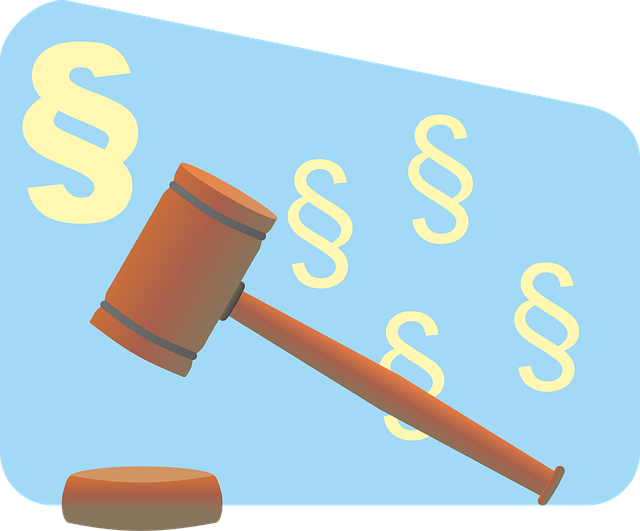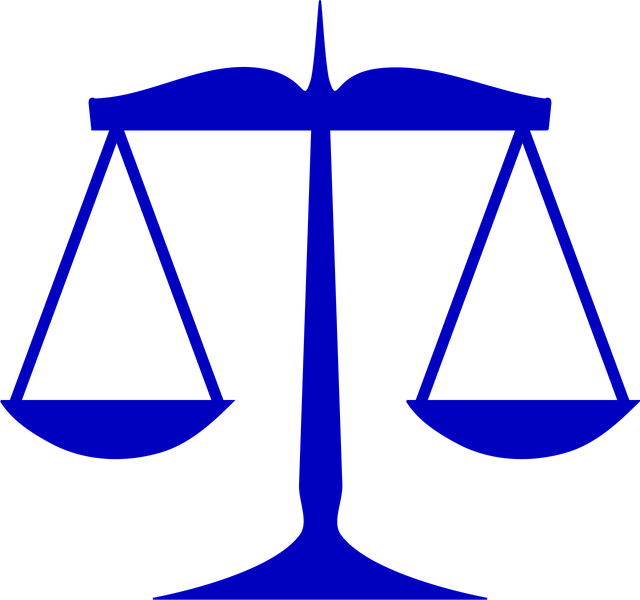Tech companies navigating antitrust challenges in the digital age need robust strategies to avoid hefty penalties. By understanding issues like monopolization and price-fixing, firms can strengthen defenses through meticulous record-keeping, market analysis, and compelling narratives. Effective tactics aim for the dismissal of charges, ensuring sustainability in a competitive sector. Engaging specialized legal counsel is key to crafting persuasive arguments, leveraging industry insights, and navigating complex regulatory environments, ultimately shaping a fairer tech industry landscape.
Delve into the complex world of criminal law with a focus on antitrust litigation, a critical issue for tech companies. This article serves as a comprehensive guide, offering a primer on antitrust law tailored for tech businesses. We explore common scenarios leading to antitrust charges and present effective strategies for defense. Through in-depth case studies, we analyze notable antitrust cases, providing insights that can help tech firms navigate this intricate legal landscape and foster sustainable growth. Discover essential Antitrust Litigation Strategies for Tech Companies here.
- Understanding Antitrust Law: A Primer for Tech Companies
- Common Antitrust Litigation Scenarios in the Tech Sector
- Effective Strategies to Navigate and Defend Against Antitrust Charges
- Case Studies: Notable Antitrust Cases and Their Implications for Tech Businesses
Understanding Antitrust Law: A Primer for Tech Companies

In today’s digital era, tech companies often find themselves navigating complex landscapes of antitrust law, which can significantly impact their growth and operations. Antitrust litigation strategies for tech firms require a nuanced understanding of competition laws to ensure fair market practices. This primer aims to shed light on key aspects to help these companies fortify against potential challenges.
Antitrust cases involving technology often revolve around allegations of monopolization, price-fixing, or anti-competitive agreements. Tech companies must be adept at demonstrating their compliance and justifying business strategies to avoid costly settlements or winning challenging defense verdicts. A robust legal defense involves meticulous record-keeping, examining market dynamics, and presenting a compelling narrative that defends against accusations. By employing effective litigation strategies, corporate and individual clients can achieve complete dismissal of all charges, ensuring their continued success in the competitive tech sector.
Common Antitrust Litigation Scenarios in the Tech Sector

In the tech sector, antitrust litigation scenarios have become increasingly common as companies compete for dominance in a rapidly evolving digital landscape. These cases often revolve around allegations of anti-competitive practices such as price fixing, market allocation, and the abuse of dominant market positions. For instance, white collar defense strategies are frequently employed when tech giants are accused of using their market power to stifle competition or engage in secretive deals that hurt consumers and smaller businesses alike.
Tech companies facing antitrust litigation strategies across the country must be adept at navigating complex regulatory environments and demonstrating compliance with antitrust laws. Effective legal defenses often involve challenging the plaintiff’s interpretation of market dynamics, showcasing pro-competitive conduct, and emphasizing the positive impacts of innovations on consumers. A robust general criminal defense approach, including meticulous record-keeping and transparent business practices, can also be instrumental in mitigating potential legal risks associated with antitrust allegations.
Effective Strategies to Navigate and Defend Against Antitrust Charges

Navigating Antitrust charges can be a complex and daunting task, especially for tech companies operating in a highly competitive market. A robust strategy is key to defending against such allegations, focusing on both proactive measures and reactive legal tactics. One effective approach involves building a comprehensive understanding of the industry dynamics and regulatory environments to establish a solid defense that challenges the merit of the charges.
Tech companies should employ a general criminal defense strategy tailored to their unique circumstances. This includes gathering and analyzing relevant data, identifying potential loopholes or justifications for their business practices, and presenting a compelling narrative that demonstrates fair competition rather than anticompetitive behavior. Engaging experienced legal counsel who specialize in antitrust litigation across the country is invaluable. These experts can provide insights into industry trends, help craft persuasive arguments, and represent for his clients throughout the process, ensuring a robust defense and the best possible outcome.
Case Studies: Notable Antitrust Cases and Their Implications for Tech Businesses

In the realm of criminal law, antitrust cases have emerged as a significant area of focus, particularly for tech businesses facing complex litigation strategies. Notable examples like United States v. Google and Microsoft vs. EU Commission highlight the intricate interplay between market competition and regulatory bodies. These cases not only shape the future of technology but also serve as guiding stars for general criminal defense attorneys navigating antitrust laws.
Tech companies, with their unprecedented track record of innovation, often find themselves at the center of these legal battles. Effective antitrust litigation strategies are crucial for corporate and individual clients alike to ensure fair competition and safeguard their market position. Understanding the nuances of these cases can offer valuable insights into managing risk and negotiating settlements, ultimately fostering a more balanced and competitive tech landscape.
Antitrust law is a complex landscape for tech companies to navigate, but with the right strategies in place, businesses can effectively defend themselves against potential charges. By understanding the common litigation scenarios specific to the tech sector and studying notable case studies, companies can develop robust defenses and ensure compliance. Implementing proactive measures and staying informed about evolving legal trends are key to mitigating risks associated with antitrust litigation, ultimately fostering a more competitive and innovative market environment for tech businesses.






